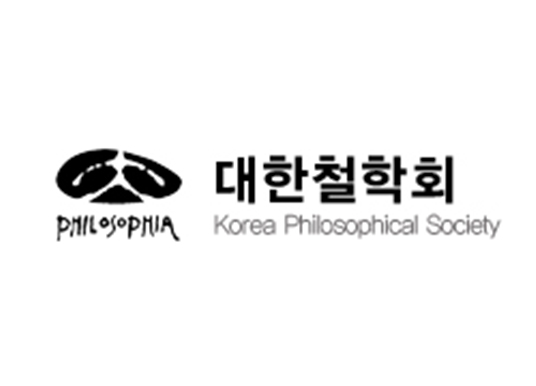퍼실리테이터의 역량 강화를 위한 비판적 사고의 기술과 성향에 관한 연구
A Study on the Skills and Disposition of Critical Thinking to Strengthen the Facilitator’s Competence
박대원
경북대학교 철학과
철학연구
2024, vol.171, pp. 139-166 (28 pages)
10.20293/jokps.2024.171.139
대한철학회
초록
오늘날 퍼실리테이션 활동과 퍼실리테이터의 양성과 관련된 논의나 연구는 대부분 퍼실리테이션의 실무적 과정 및 다양한 기법에 관한 교육방법과 실습과정에 관한 논의로 일관한다. 이에 반해 퍼실리테이션을 수행하는 퍼실리테이터의 지적 소양을 함양하거나 역량을 강화하기 위한 학문적・이론적 논의와 교육은 부족하다. 따라서 이 연구는 퍼실리테이터의 양성과 역량 강화를 위해 고차적 사고능력인 ‘비판적 사고’에 관해 논의하고 교육해야 한다고 주장한다. 이 주장을 뒷받침하기 위해 퍼실리테이터의 역량을 검토하고 어떤 역량이 비판적 사고와 연관되는지를 논의한다.
퍼실리테이터의 역량은 분야와 목적에 따라 매우 다양하게 제안되지만, 핵심 역량이라는 의미에서 몇 가지로 단순화한다면 ‘(감성적) 공감능력, (지성적) 사고능력, (합리적) 소통능력, (윤리적) 책임능력’으로 요약할 수 있다. 이런 역량들은 고차적 사고능력을 함양해야만 잘 발휘될 수 있는 역량들이다. 그래서 고차적 사고능력에 관한 해명과 그 일환으로 비판적 사고 개념에 대해 살펴보는데, 비판적 사고에 대한 다양한 개념적 규정들, 비판적 사고의 범위, 비판적 사고의 기술과 성향들을 차례로 검토한다. 특히, 비판적 사고라고 하면 흔히 인간 정신의 지성적・이성적 측면의 냉정하고 논리적인 추론의 의미만 부각되면서 비판적 사고의 기능에만 초점을 맞추는 경우가 많은데, 비판적 사고의 성향적 측면은 비판적 사고자의 정서적 측면에 대한 접근의 중요성을 일깨운다. 결론적으로 비판적 사고의 기술과 성향을 세부적으로 살펴봄으로써 비판적 사고가 퍼실리테이터를 양성하고 퍼실리테이터의 역량을 강화하는 데 매우 효과적일 수 있음을 주장할 수 있다.
Currently, most of the discussions and research related to facilitation activities and the training of facilitators are concerned with the practical process of facilitation and the pedagogical methods and practices of various techniques. On the other hand, there is a lack of academic and theoretical discussion and education to cultivate the intellectual capabilities of facilitators who conduct facilitation or to strengthen their capabilities. Therefore, this study argues that the higher-order thinking skills of ‘critical thinking’ should be discussed and taught in order to cultivate and strengthen the capabilities of facilitators. To support this argument, we review facilitator’s competencies and discuss how they are associated with critical thinking.
Facilitator’s competencies are proposed to vary widely across sectors and purposes, but in terms of core competencies, they can be simplified to a few: (emotional) empathy, (intellectual) thinking, (rational) communication, and (ethical) responsibility. These competencies can only be developed by cultivating higher-order thinking skills. Therefore, we will discuss higher-order thinking skills and the concept of critical thinking as a part of it. We will examine various conceptualizations of critical thinking, the scope of critical thinking, and the skills and dispositions of critical thinking. In particular, critical thinking often focuses on the function of critical thinking, emphasizing only the cold, logical reasoning of the intellectual and rational side of the human mind, while the dispositional aspects of critical thinking remind us of the importance of accessing the emotional side of the critical thinker. In conclusion, by taking a closer look at the skills and dispositions of critical thinking, it can be argued that critical thinking can be very effective in training facilitators and enhancing their capabilities.

